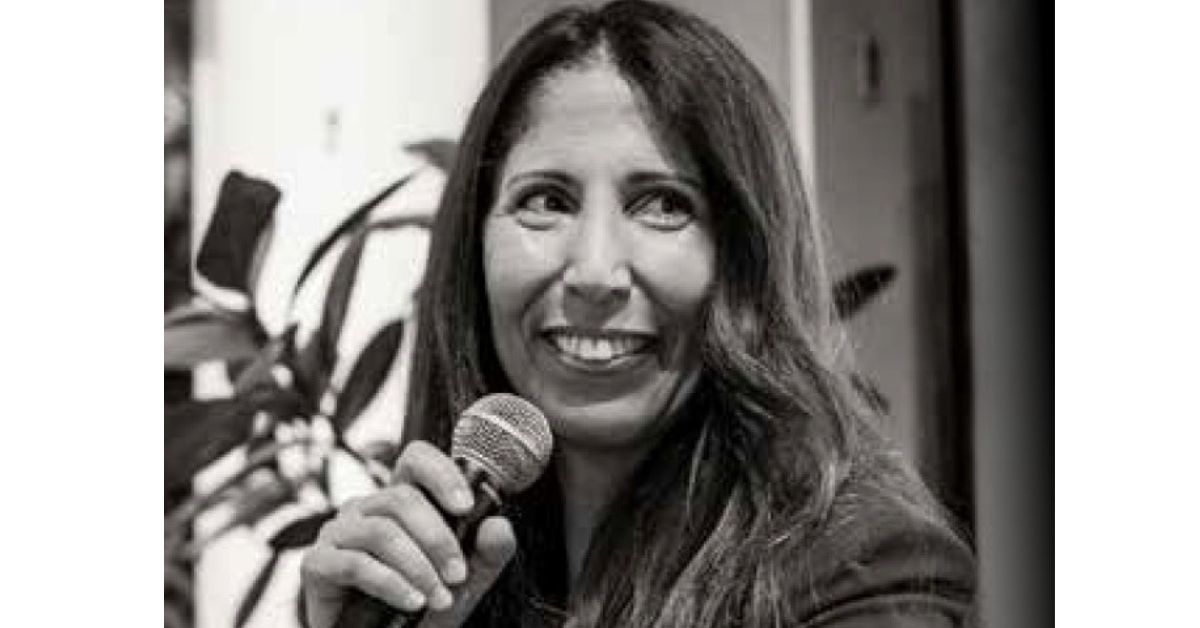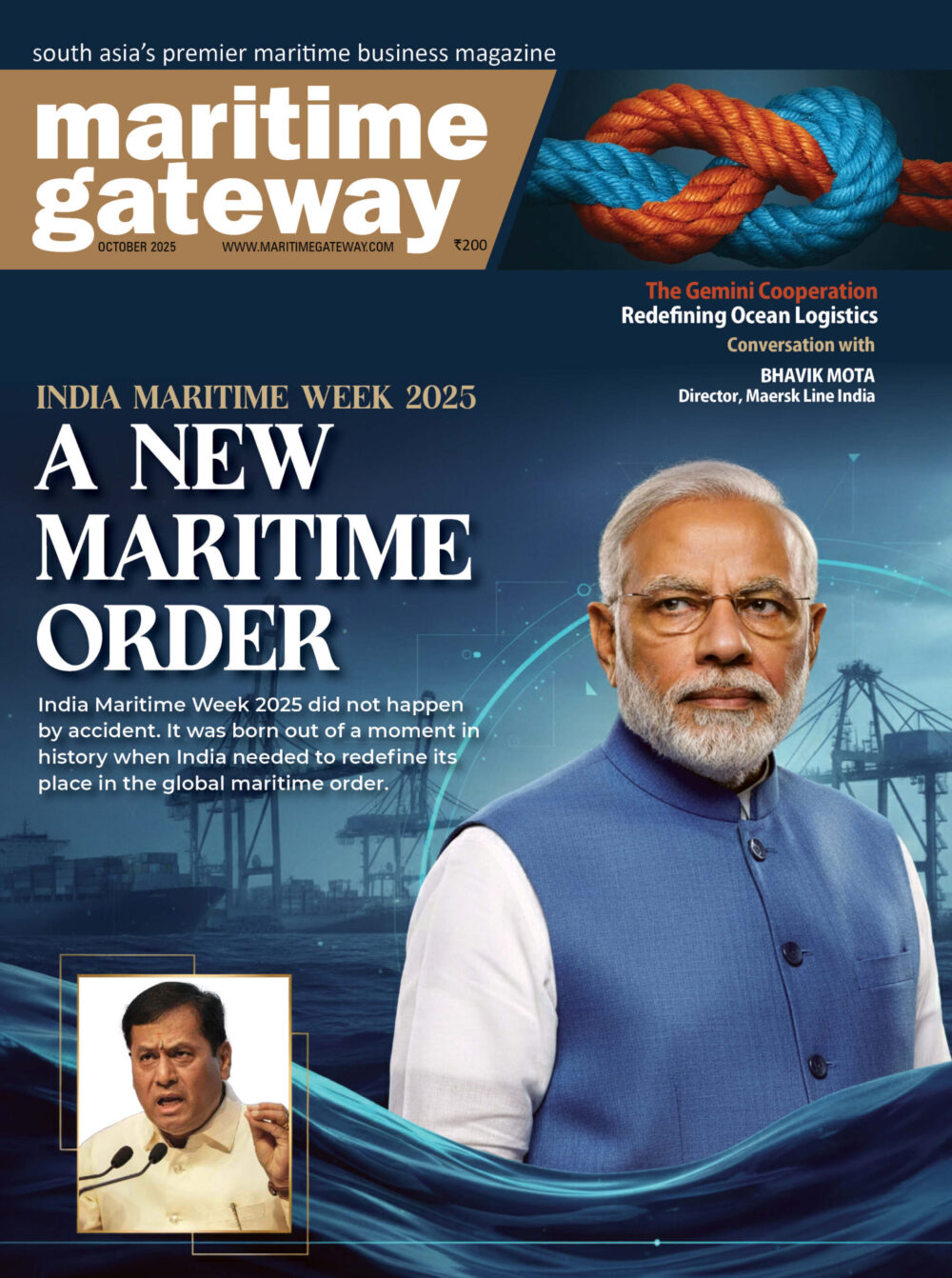In an exclusive conversation with Maritime Gateway, Amal Louis, Director of Business Development Grand Port Maritime de Marseille Port de Marseille Fos and a speaker at the 2025 World Trade Center Association’s (WTCA) Global Business Forum (GBF), Marseille, France talks about France’s largest port, Marseille Fos, and its fully integrated multimodal platform, which seamlessly connects maritime, rail, river, road, and pipeline networks to optimize cargo movement across Europe.
What are the innovative intermodal solutions Grand Port Maritime de Marseille-Fos (GPMM) practicing and how can they be adopted by Indian ports?
At the Port of Marseille Fos, intermodality is at the heart of our logistics strategy. We operate a fully integrated multimodal platform that connects maritime, rail, river, road, and pipeline networks. With over 150 trains per week and 7 river shuttles to Lyon, we ensure seamless cargo movement across Europe. Our partnerships with 12 rail operators and 3 river transport companies enable 190 combined services to 19 destinations.
One of our key innovations is the development of a digitalized cargo community system (CCS), which streamlines administrative and logistics procedures with zero paper. This system enhances transparency, efficiency, and traceability across the supply chain. Indian ports could benefit from adopting similar digital platforms and investing in inland multimodal corridors to reduce congestion and carbon emissions.
Can you explain a bit about the innovative low-carbon concrete slab track you are using for your rail network?
The Port of Marseille Fos is the first in the world to install a patented ballastless rail track using low-carbon concrete, developed by SYSTRA and STRADAL. This prefabricated system is quick to install, highly durable, and requires minimal maintenance. It includes an integrated geometry adjustment feature and is resilient to climate risks. Elevated by 10 cm, it allows water drainage and wildlife passage. The track’s permeability avoids costly hydraulic redesigns. This innovation supports our modal shift strategy and sustainable logistics goals.
What are the sustainable and decarbonisation initiatives taken at port?
Sustainability is embedded in our development model. Marseille Fos is a European leader in shore power and LNG bunkering, and we are actively investing in hydrogen, synthetic fuels, and electro-fuel production. Our port is home to major industrial decarbonization projects, including the DEOS floating wind initiative and the Fos 3XL terminal expansion, which integrates green energy solutions.
We are also advancing modal shift strategies, with over 17% of container traffic moved by rail and nearly 6% by river in 2024. Our goal is to become a hub for low-carbon logistics and energy, supporting France’s and Europe’s climate ambitions.
With the ever-growing complex geopolitics and trade restrictions what are the challenges that ports are facing? And how is Port de Marseille meeting these challenges?
Ports today must navigate a volatile global environment marked by geopolitical tensions, supply chain disruptions, and regulatory shifts. At Marseille Fos, we respond with agility and resilience by diversifying our trade routes, investing in digital infrastructure, and strengthening our role as a strategic gateway between Europe, Africa, and Asia.
Our participation in international corridors like IMEC (India–Middle East–Europe Corridor) reflects our commitment to secure, diversified, and sustainable trade flows. We also work closely with institutional and industrial partners to anticipate risks and co-develop solutions that ensure continuity and competitiveness. Fos is the natural choice for IMEC, as it offers significantly lower CO2 emissions compared to the northern ports. Marseille stands as the gateway to Europe, and we are determined to take on a central role in this dynamic.
Can you explain how Port de Marseille can help in enhancing the Euro-India Trade Connectivity?
Marseille Fos is uniquely positioned to serve as the European anchor of the Euro-India trade corridor. We offer direct maritime connectivity with India, a robust industrial and energy platform, and seamless intermodal access to Europe’s heartland. Our strategic location on the Mediterranean and our integration into the IMEC corridor make us a natural partner for Indian ports and logistics stakeholders.
We are committed to fostering long-term partnerships with Indian institutions and companies to co-develop green corridors, digital trade solutions, and resilient supply chains. Our ambition is to be the preferred European gateway for Indo-European trade.









